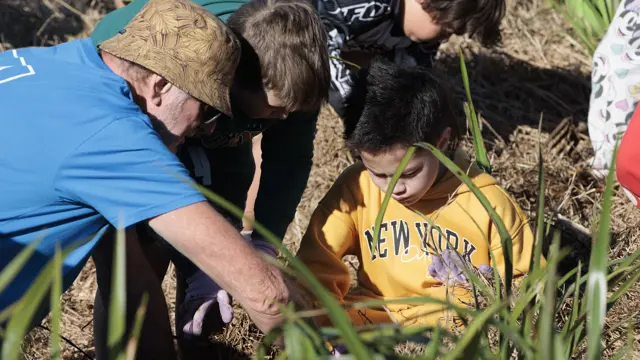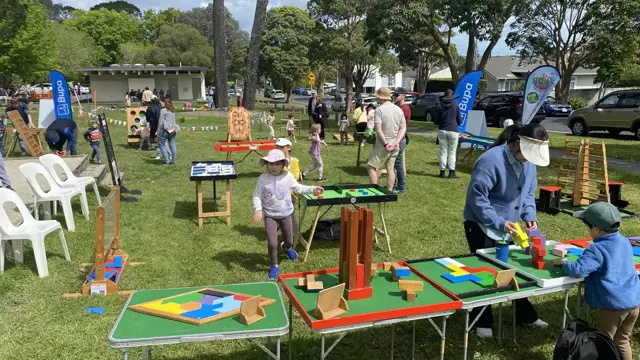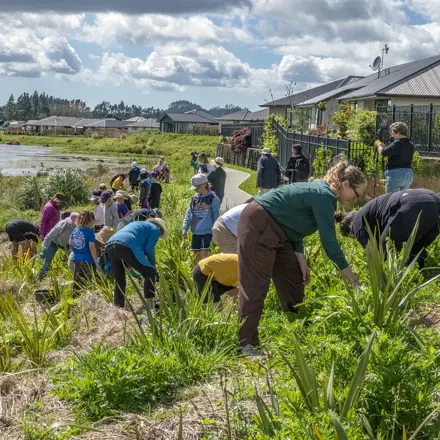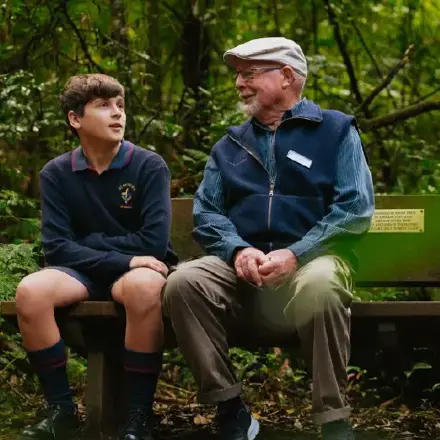Generational divide: young Kiwis less likely to see environment as essential to health
While most New Zealanders understand that protecting nature protects human health, younger people are far less likely to make the connection.
Only 72% of 18–24 year olds believe maintaining a healthy environment is essential for people to live healthy lives, compared to 90% of those aged 50+.
The gap extends to mental wellbeing: just 39% of young New Zealanders rate their mental health as good or excellent, compared with 78% of those over 50.
Healthcare access: top concern for Kiwis
When it comes to what’s holding New Zealanders back from living healthier lives, access to healthcare services tops the list of concerns.
Nearly six in ten (59%) New Zealanders are very concerned about access to healthcare, significantly higher than in Australia (43%). Unsurprisingly this drops further in the regions, where only 45% of people rated access to health and wellbeing services as good or excellent.
Green cities, safer streets: the way forward
The research shows New Zealanders want greener, safer and more inclusive communities:
- 86% support planting more trees in their local area, and over half would help care for them.
- 81% believe city planners must prioritise physical and mental health in how cities grow.
- 63% of women say they’d walk more if their area was better lit at night.
- 67% say cities are becoming more crowded and less healthy.
Despite these challenges, New Zealanders are embracing walking as a key to wellbeing, averaging 7.6 hours per week, higher than Australians (6.8 hours). Walking is the main form of exercise for 74% of New Zealanders, valued for both its mental health and environmental benefits.
Climate concern lags behind
Only 43% of New Zealanders believe climate change harms physical health, and 46% say it affects mental wellbeing, both lower than in Australia. Researchers suggest this may reflect lower visibility of climate-driven disasters like bushfires.
Everyone has a responsibility
Pedro Sanchez, Managing Director, Bupa NZ, says, “What stood out for us in this research is that while both New Zealanders and Australians believe governments should invest more in healthy cities, Kiwis see it as a shared responsibility across the public, business, and government sectors, whereas Australians place the duty mainly on government.
“It has reinforced our approach to connect healthy people and healthy planet. We have been working closely with community partners to get Kiwis active, connected, and in nature, whether through Auckland City Council’s Play Month, local wetland regeneration with residents and schools, or Bupa’s flagship Healthy Cities Challenge.
“Throughout October, Bupa’s mission to get people active, focus on their wellbeing and connect with nature, has seen our people and residents walking, running, and exercising to raise funds for tree planting and nature restoration.
Last year NZ logged over 125 million steps during what it calls the Healthy Cities Challenge and planted 25,000 trees as a result. This year Bupa NZ’s people and its residents have already surpassed 200 million steps.
“Walking is the simplest way to connect people and planet health. The Healthy Cities Challenge is about turning everyday actions into visible change and creating healthier outcomes for both our communities and the environment.”










